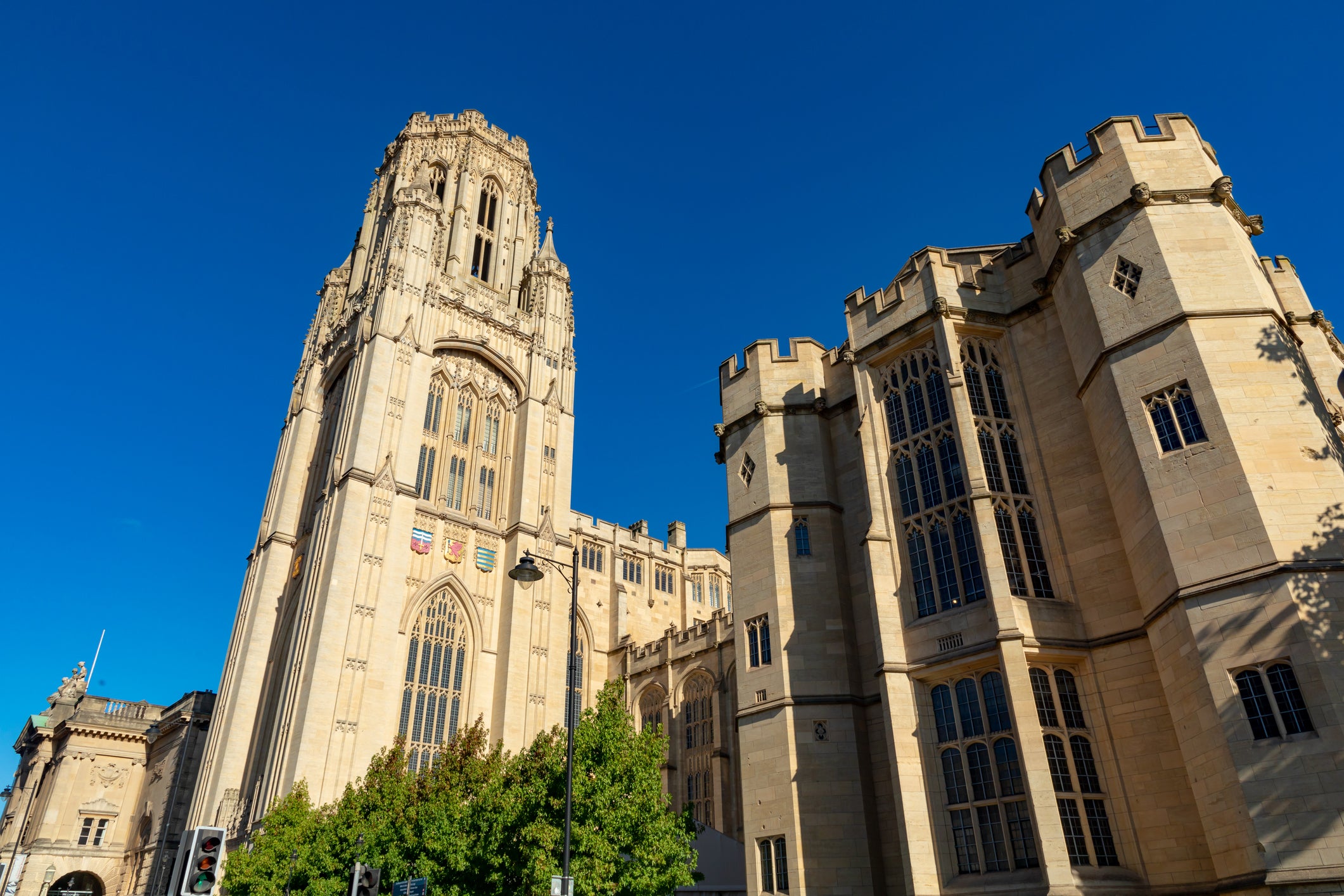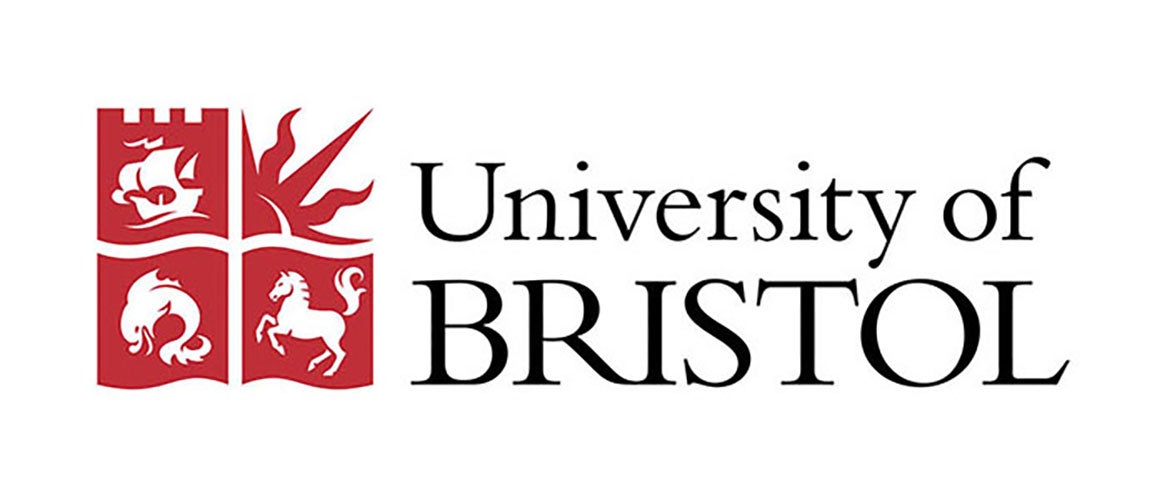Bristol University to keep building names linked to slave traders but Colston emblem removed from logo
The University of Bristol will, however, remove a dolphin emblem of slave trader Edward Colston from its logo
A dolphin emblem of slave trader Edward Colston will be removed from the logo of the University of Bristol - but the names of seven buildings with links to the transatlantic trade will be kept, the university has said.
On announcing the decision in an open later this morning, Professor Evelyn Welch, vice-chancellor and president of the university, also apologised to those who had experienced racism at the institution.
The move comes following a public consultation which centred whether the building names which are linked to families and figures with connections to the slave trade or associated products such as tobacco, sugar and cocoa.
They included the Wills Memorial Building, named after the Wills family of tobacco producers, and the Fry Building, named after the chocolate-producing family.
A university spokesman said the 4,000 students, staff and members of local communities who responded to the survey felt it was “crucial to acknowledge and explain the past” and the historical significance of such figures.

He said the university had decided to retain all current names of buildings, including Wills and Fry, and work to ensure “their full stories and historic connections to the university are made visible”.
“The Wills and Fry families helped found the university in the early 20th century through substantial financial gifts,” he added.
“While the families did not own or traffic in enslaved people, the products that their 18th and early 19th century predecessors dealt in – such as tobacco, sugar and cocoa – were connected to enslaved labour.
“The university will work with staff, students and local communities to ensure the full stories of the institution’s origins, both positive and negative, are made more visible.”
The spokesman said the dolphin emblem of Edward Colston will be removed from the university’s logo, which was designed in 2003 from the coat of arms awarded at the institution’s foundation in 1909.
Colston was a 17th century merchant and slave trader whose statue was toppled during a Black Lives Matter protest in Bristol in June 2020.
“The university received no funding from Colston, who died nearly 200 years before the university was founded, but his personal emblem – the dolphin – formed part of the institution’s crest and modern logo,” the spokesman added.

“We will remove the emblem from the logo. The sun symbol of the Wills family and the horse emblem of the Frys will remain, reflecting the wider decision around retaining building names.”
Prof Welch thanked those who responded to the survey online and at in-person sessions.
She said: “I am deeply sorry for these damaging and hurtful experiences which continue to the present day, and I apologise to everyone impacted by those injustices. We aspire to be an inclusive institution and we must do better.
“I know that some of these decisions will not please everybody – but we have listened carefully.”
In 2017, a group of students set up a petition to change the name of the Wills Memorial Building due to the family’s links to the tobacco trade. A counter-petition was then set up to keep the name.
The university launched a consultation and an initial report was published in November 2022 on whether the seven buildings should be renamed.
Over the next 10 years, the university will pledge £10 million to develop a programme to address racial injustice and inequalities internally and in local communities it works with.
This programme, named Reparative Futures, will also include presenting the historical links to slavery of the university’s founders.
Join our commenting forum
Join thought-provoking conversations, follow other Independent readers and see their replies
Comments
Bookmark popover
Removed from bookmarks